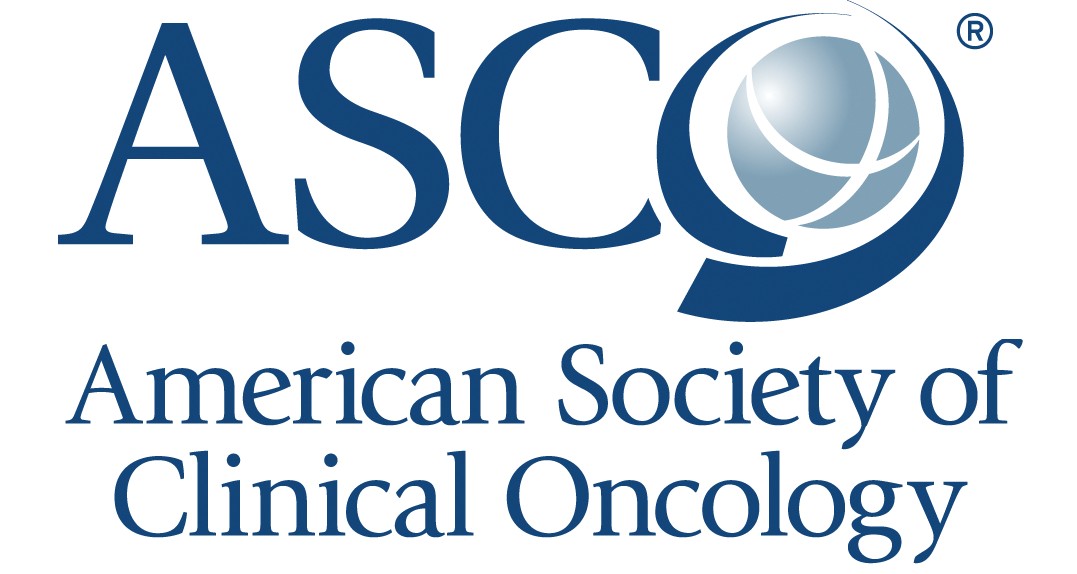Share this Page:
At the American Society of Clinical Oncology Genitourinary Cancers Symposium (ASCO GU) last weekend, the International Kidney Cancer Coalition (IKCC) presented the results of their Global Patient Survey from last year. The number of patients suffering kidney cancer continues to rise around the world, increasing the burden on patients, their families and healthcare systems. Little is known about how kidney cancer treatment and patient experience vary between countries.
The aim of the survey was to improve understanding and contribute to reducing the burden of kidney cancer. Patients and caregivers completed a 35-question survey to identify differences between countries in the diagnosis, burden, and management of kidney cancer. The survey was distributed in 15 languages via IKCC’s 49 Affiliate Organisations and social media. The survey was designed to look at patient education, experience and awareness, access to care and clinical trials, best practices, quality of life, and unmet psychosocial needs.
Over 2,200 people from 39 countries responded to the survey, 1,655 of which were patients. The data were independently analysed. The full global report is available on the IKCC website. In terms of diagnosis, nearly half (47%) had advanced disease and 11% had localised disease. The remaining people had no evidence of disease. Most patients (58%) had clear cell kidney cancer, and there was a high proportion of patients with non-clear cell disease (31%).
Nearly half of the patients with the greatest risk of hereditary kidney cancer are not receiving appropriate counselling.
In terms of clinical trials, just over a third of patients had been asked to take part in a clinical trial and 70% agreed. Nearly two thirds of these patients were satisfied with their experience in a clinical trial.
With respect to wellbeing, 20% of patients felt their emotional wellbeing since diagnosis was affected by anxiety about their kidney cancer. 28% reported that fear of their cancer coming back affected their emotional wellbeing. 11% said their emotional wellbeing was affected by sadness or depression.
The survey identified that there was a lack of genetic testing among people at risk of kidney cancer. The survey also showed that there was a lack of understanding about the disease, genetic testing, clinical trials, and the psychosocial affect. The survey provided patient’s ideas about biopsies, physical activity, and follow-up schedules. Real world evidence provides opportunities to improve communication about diagnosis, psychosocial affect, and clinical trials.














